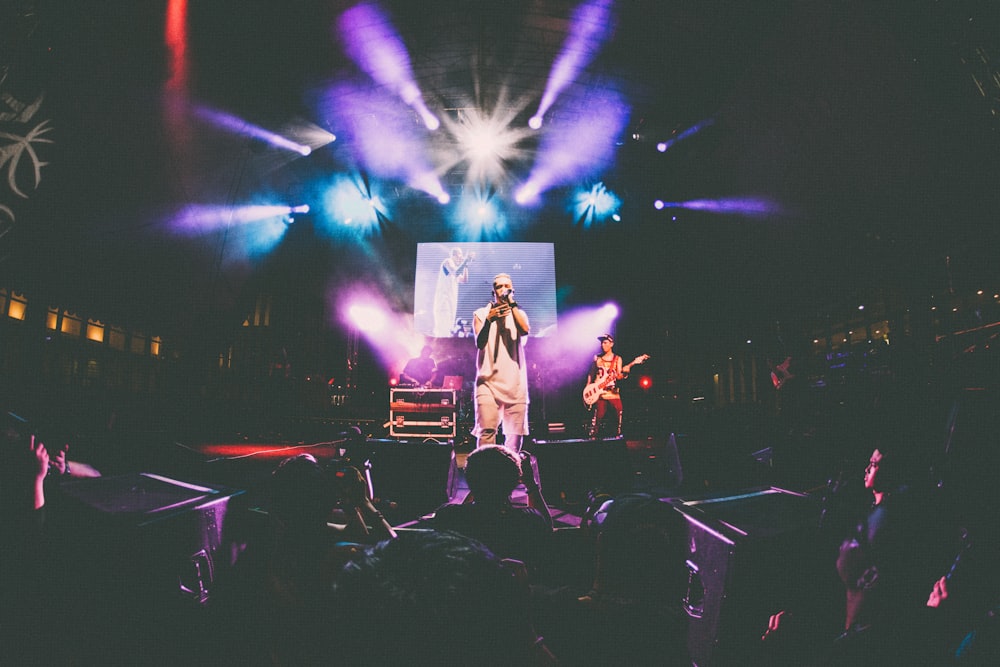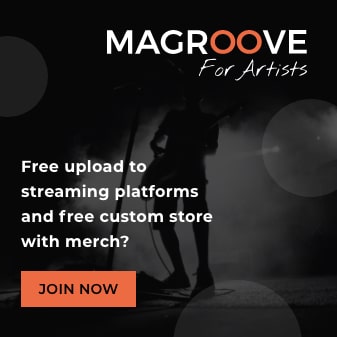There is a lot to be said about music copyright laws in the industry. More specifically, understanding how the licensing process works is a must for every recording artist. This is why today we will head into all the details involving public performance license. This is one of the most common types, so, understanding how it works can come in handy. Keep reading to learn what you need this license for and how to get it.
What is a public performance license?
In the industry, we have four main paths to allow the usage of one’s music: mechanical licensing, print licensing, sync licensing and performing licensing. Often called public performance license, this type is necessary every time a song is played. This includes radio and TV performances, live concerts and even background music for events such as sports games. Through performance licenses, recording artists can get a major part of their royalties’ money – this is why they are so important. Even if your song is streamed for only one person, that will generate profit because of licensing. In this case, we call it digital performance, but it’s pretty much the same thing. After it is collected, revenue from performing licensing is split between the songwriter and the recording artists. The performer is paid directly, while the songwriter will often get their share through the publisher.How do they work?
The process of getting money from licensed music is actually pretty straight-forward. Every time someone plays your song in a public setting, you’ll get your cut of the revenue. Those plays generate licensing fees. Performing Rights Organizations (PROs) collect the money and then distribute it to whoever owns the copyrights to that track. At this point, the rules can get a little more complex. The amount of money from revenue needs to be justly split between performer, composer and producers. Songwriter royalties make up 50% of performance rights – that includes songwriting and producing. The other half goes to the recording artist.Collecting royalties
Living off of their music is a dream to each and every musician in the industry. But in order to do that, they need to understand music copyright laws thoroughly. Artists need help to collect the profits from public performance licenses. Through affiliation with Performing Rights Organizations, they get to have access to their revenue. The company responsible for that performance is the one making the payments. PROs collect the money, that then goes to artists in periodical payments. The schedule of those can vary according to each organization’s policies. You have to bet affiliated with a Performing Rights Organizations so not to let your money go to waste. It is estimated that uncollected royalties can add up to 2.5 billion dollars only in the U.S.When do you need a public performance license?
 It’s important to understand what are public performance licenses but also to be aware of when they come into play – no pun intended. Not only it makes up a huge part of a recording artists job, but this knowledge can help you understand how to cover a song legally, for example.
Those licenses are often up with other types, such as mechanical. Take steaming services, for instance. Listening to music in this media generates both performance and mechanical rights. The first one exists because playing a song is a performance in itself. The second one is there because, in order to distribute songs on streaming, there needs to be a digital copy – therefore, a mechanical license is needed.
Cutting it short, we can say performance licenses are required pretty much every time your music is played. Here we can include airtime, streams and public performances, obviously. Even physical media such as CDs and LPs are a recording of a performance, so they need proper licensing for that.
It’s important to understand what are public performance licenses but also to be aware of when they come into play – no pun intended. Not only it makes up a huge part of a recording artists job, but this knowledge can help you understand how to cover a song legally, for example.
Those licenses are often up with other types, such as mechanical. Take steaming services, for instance. Listening to music in this media generates both performance and mechanical rights. The first one exists because playing a song is a performance in itself. The second one is there because, in order to distribute songs on streaming, there needs to be a digital copy – therefore, a mechanical license is needed.
Cutting it short, we can say performance licenses are required pretty much every time your music is played. Here we can include airtime, streams and public performances, obviously. Even physical media such as CDs and LPs are a recording of a performance, so they need proper licensing for that.

